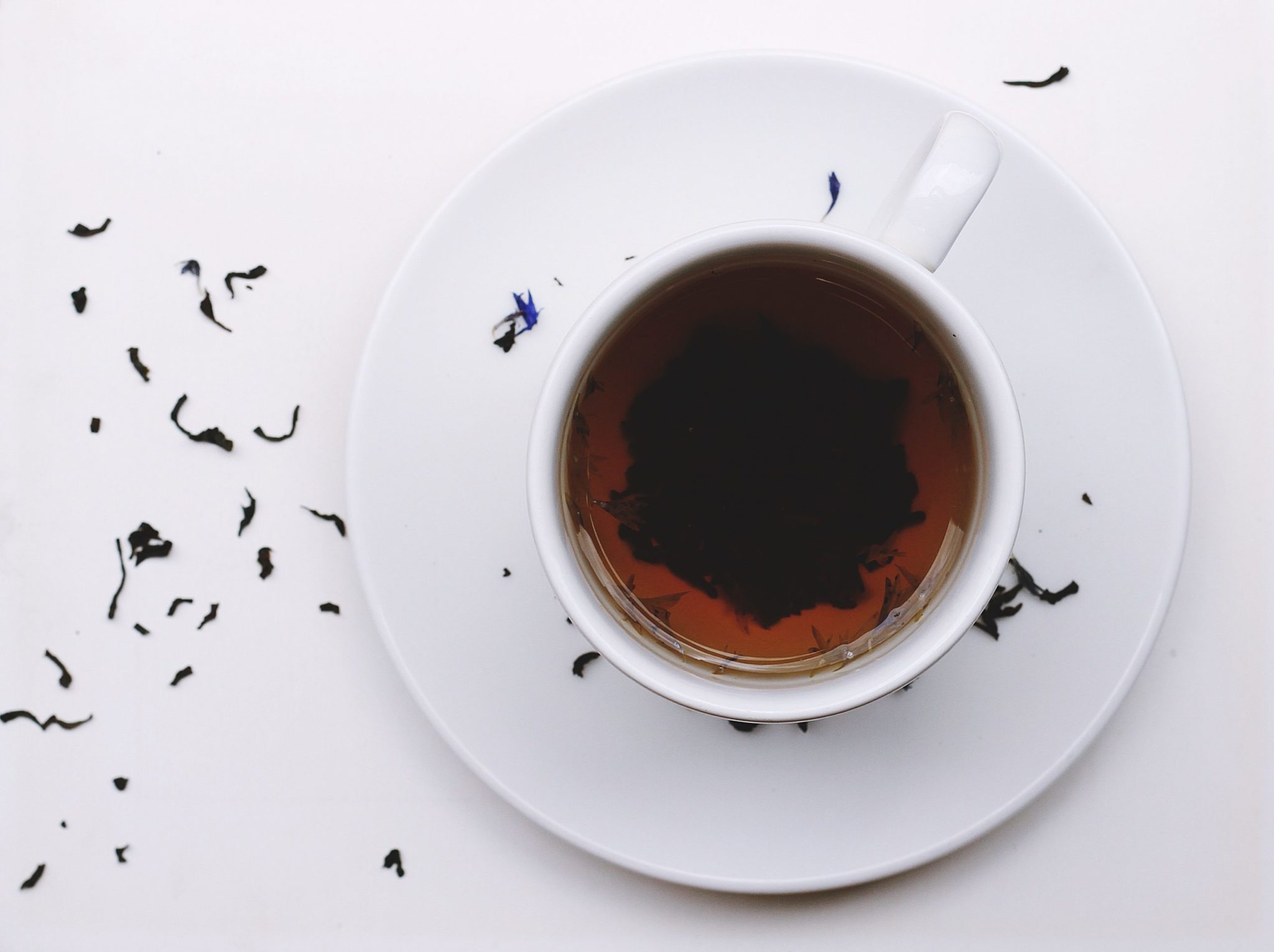
Unsplash
On Tuesday afternoon, Yale Hospitality hosted a virtual tea exploration, the second event in its Global Passport series, which aims to showcase a food staple and delve into its history.
The conversation was led by Sarah Meyer, an account executive who works for the company Teatulia Organic Teas. She discussed the process of tea production and led attendees through a tasting of several varieties of tea. Prior to the event, event attendees — the first 75 people to register — were shipped tea samples.
“After water, tea is the second most consumed beverage in the world,” Meyer said. On average, “two billion cups of tea [are consumed daily] — and that’s a lot of tea.”
Because of tea’s widespread popularity, it’s common for tea producers to cut corners — exporting tea in unnecessary or unsustainable packaging and exploiting the workers and communities who produce tea. Teatulia, a Denver-based organic tea company, aims to distinguish itself by bringing eco-friendly, chemical-free and ethically harvested tea to consumers. The company started with a small, barren plot of degraded land in Northern Bangladesh, which it purchased in 1995. Since then, the company has transformed the land from a near-desert to a green oasis. Notably, Teatulia controls every step of their tea production, from growing and harvesting to processing and exporting, Meyer said during her presentation.
After introducing herself and Teatulia, Meyer gave a brief introduction on types of teas derived from the Camellia sinensis plant, including information about tea origins, flavor profiles, prices and picking practices. According to Meyer, because most varieties of tea are derived from the same plant, the timing of harvests determines the type and flavor of the tea due to oxidation.
“I like to think about it as a banana you buy from a grocery store. … When you buy them they’re usually pretty green. That’s your green tea,” Meyer said. “If you let it sit for a week, now it’s kind of ready for banana bread. That’s your black tea. … So you can view your teas like that, with black tea all the way fully oxidized.”
Growing habitat also determines the flavor profile of the tea. Much like wine, climate, geography and soil type all impact the end result.
Meyer also delved into the economics of tea production, stressing the constant calculations and trade-offs that must go into growing and processing the leaves. For instance, while some forms of tea, such as “cut-tear-curl” leaves, are typically more cost-effective and less labor-intensive, they produce weaker and more bitter-tasting teas when brewed.
The bulk of the event was devoted to the tea tasting. The tea tasting kit, which was delivered to event attendees, included Teatulia’s lemongrass, green and black teas alongside a commercial black tea and an array of sweeteners. Meyer led the participants through the tasting process, emphasizing the importance of tasting techniques and proper brewing.
“When we’re talking about tea and we’re talking about brewing, we want to think about the three T’s … time, temperature and type of tea,” Meyers said.
According to Meyers, steep time for herbal teas is longer than that of “regular tea.” Temperature of brewing water was also an important factor in the tea’s final taste. For example, black teas generally require hotter water than green teas.
Attendees found the event informative and fun, even virtually.
“Two things really stuck with me (one more serious than the other),” Lila Selin ’23 wrote in an email to the News. “[First], I had no idea tea grew on a tree! The other is that I really knew nothing about how tea was produced, and I was surprised to learn that it’s often harvested by women who aren’t fairly compensated for their labor. I have definitely [been] thinking a lot about the consequences of my actions when I buy tea and what sort of industry practices I’m supporting.”
Charlotte Murphy ’23 said she has missed the in-person foodie events hosted by Yale Hospitality in previous years and signed up for the tea tasting event as soon as she could.
“I ran into another student in the Trumbull dining hall … and we ended up bonding over our love for tea,” Murphy wrote in an email to the News. “I also saw one of my other Trumbull friends in the Zoom meeting, and we decided to set up a time to do our own tea tasting together the next day. It’s the closest I’ve come to replicating the pre-pandemic foodie events.”
Yale Hospitality’s next event will be a cheese tasting on March 24.
Marissa Blum | marissa.blum@yale.edu
Keenan Miller | keenan.miller@yale.edu








